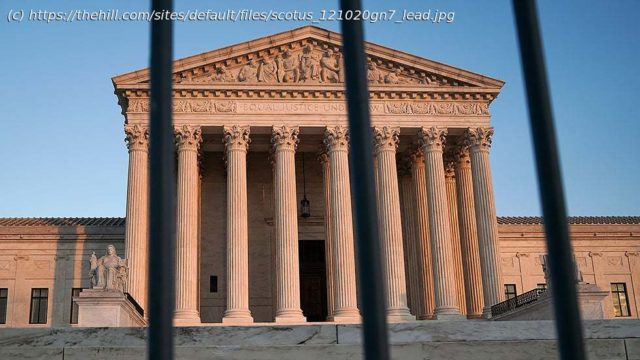Political scientists and voting rights advocates reacted with horror on Thursday after the Supreme Court upheld two Republican-backed voting restrictions in Arizona, the latest …
Political scientists and voting rights advocates reacted with horror on Thursday after the Supreme Court upheld two Republican-backed voting restrictions in Arizona, the latest in a series of blows the high court has dealt to the 1965 Voting Rights Act under Chief Justice John Roberts. One of the Arizona provisions allowed election officials to discard provisional ballots cast if a voter showed up at the wrong precinct. Another barred so-called ballot harvesting, when third-party groups collect and deliver absentee ballots. In a 6-3 decision divided along ideological lines, Justice Samuel Alito wrote that a lower court had erred by blocking the measures under Section 2 of the Voting Rights Act. Voting rights advocates warned that Thursday’s decision substantially weakens that section of the landmark law. They said it would usher in a new era of measures aimed specifically at suppressing or rejecting minority voters. “Today’s decision is an affront to voters of color and underscores the urgent need for federal action to protect the freedom to vote,” said former Georgia state Rep. Stacey Abrams (D), who now runs the voting rights group Fair Fight Action. “The erosion of our democracy is gaining speed, and without minimum national voting standards, we will all be the victims of its demise.” Richard Hasen, an election law expert at the University of California-Irvine, said the decision was of a piece with earlier decisions upholding Indiana’s voter identification law, in 2008, and ending the requirement that the Justice Department sign off on proposed election administration changes in areas that have historically used voting rules to discriminate, in 2013.






